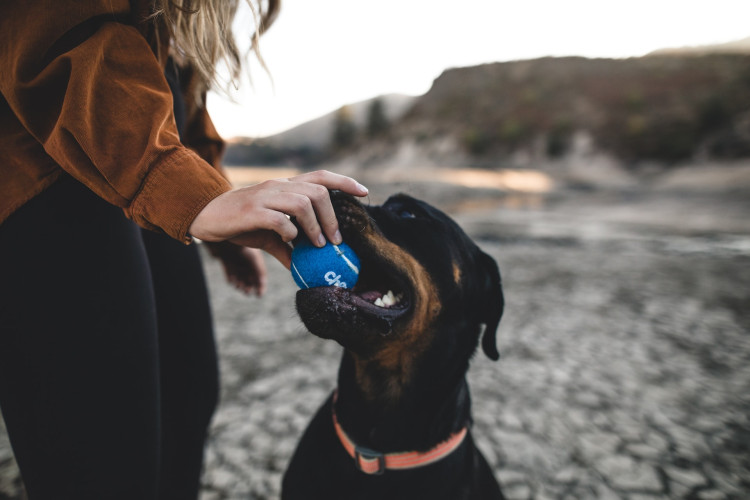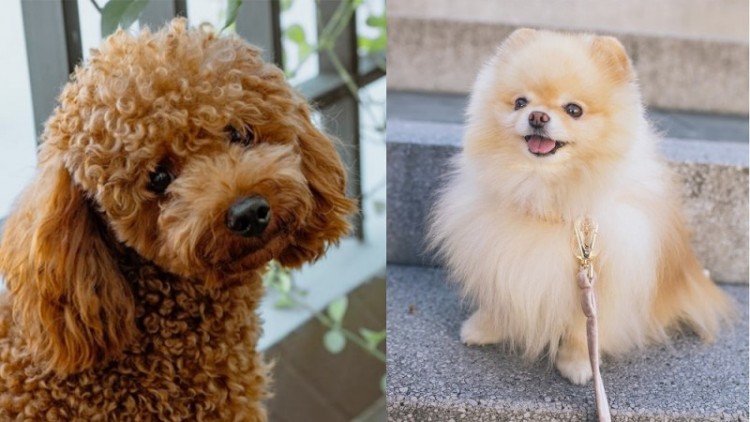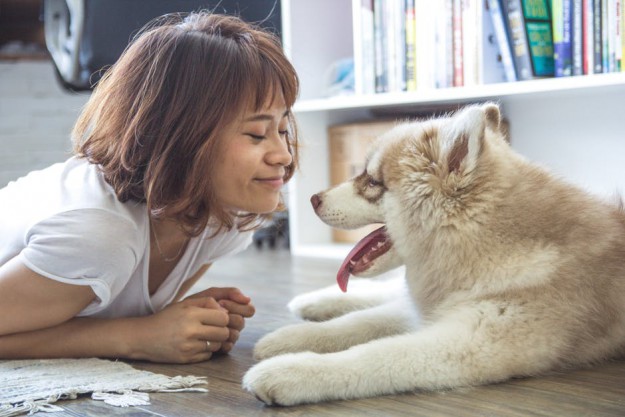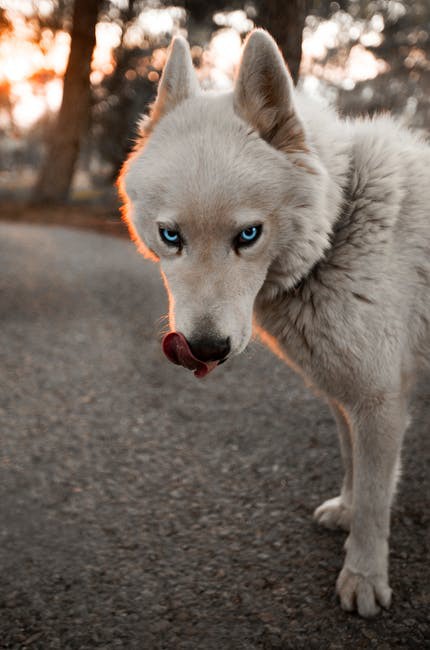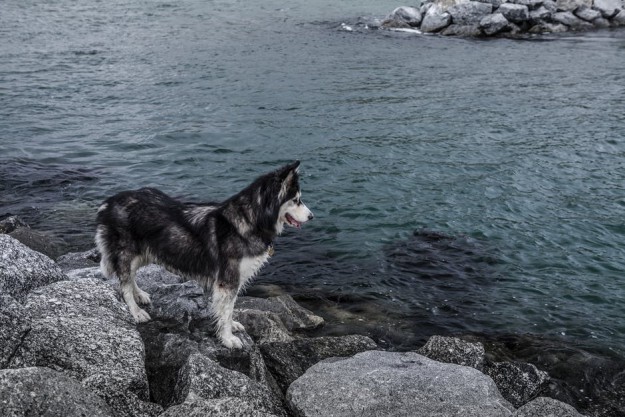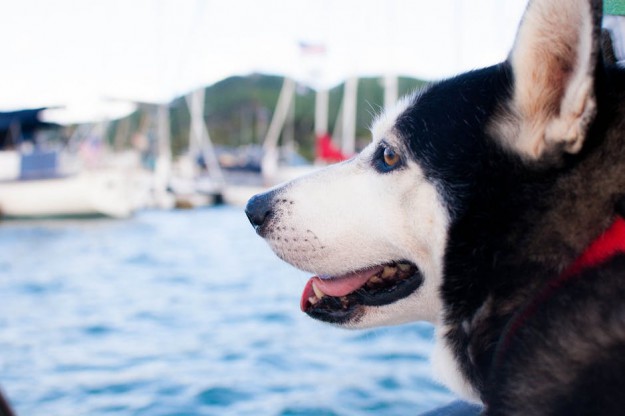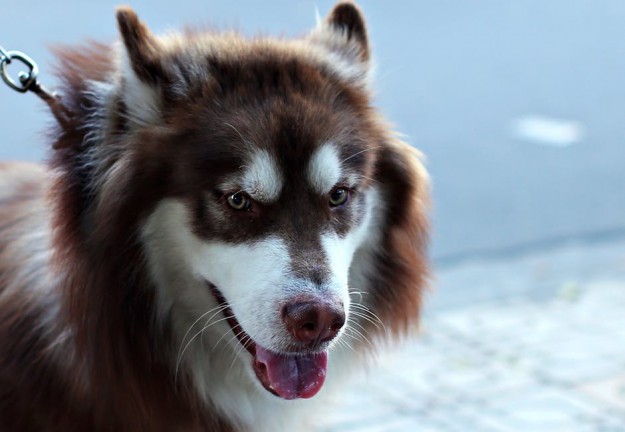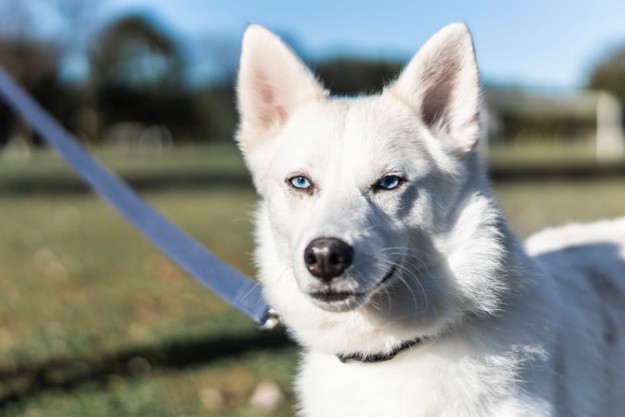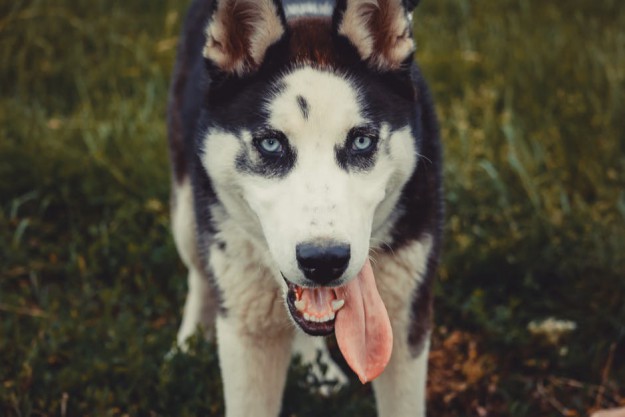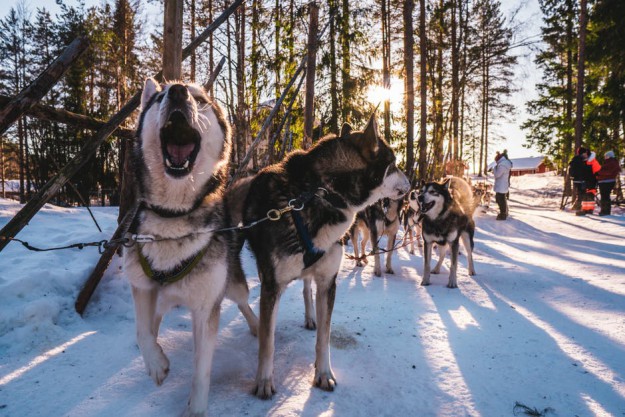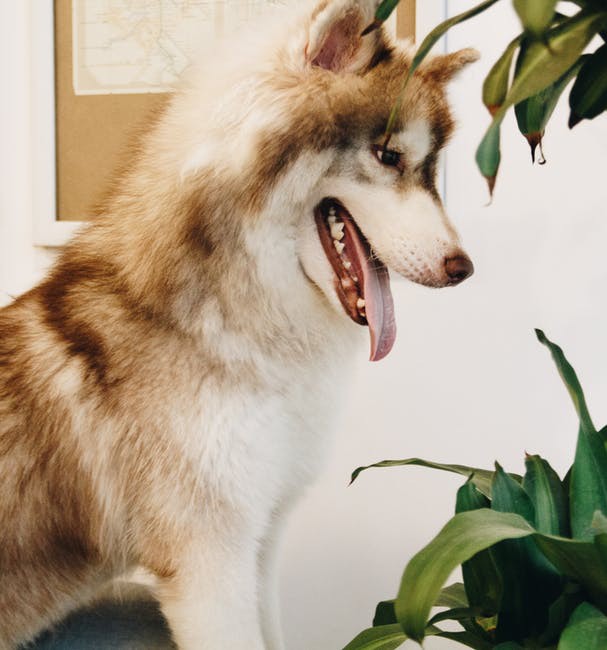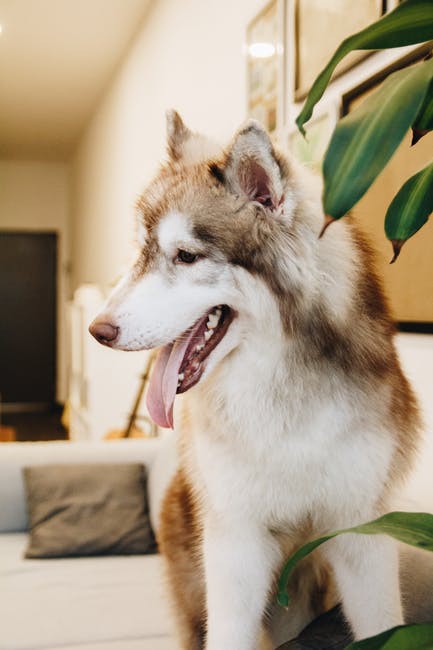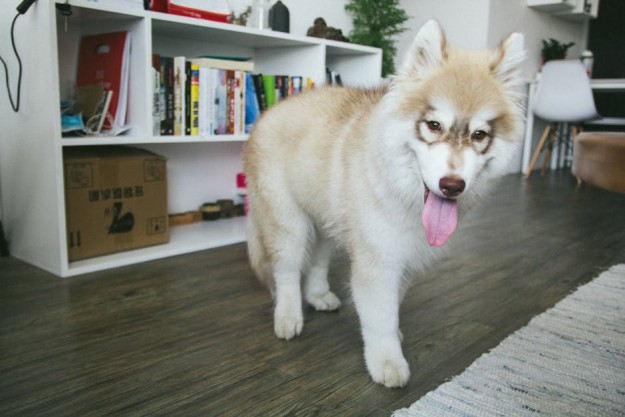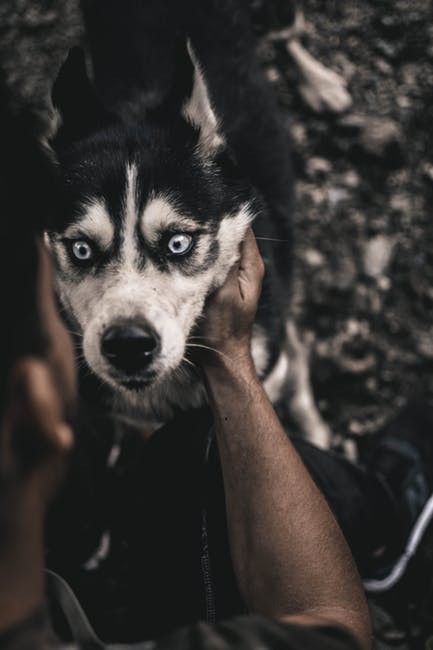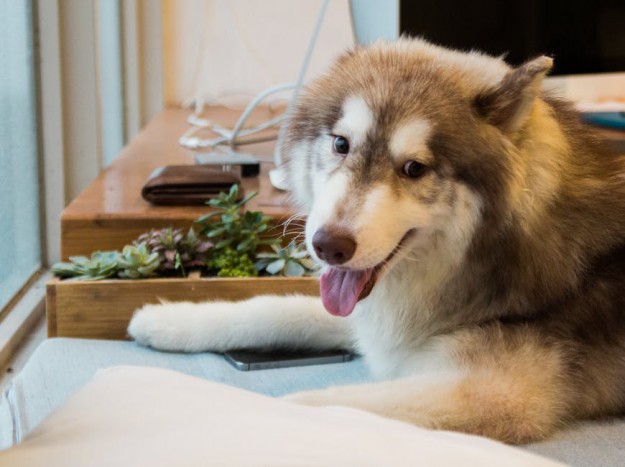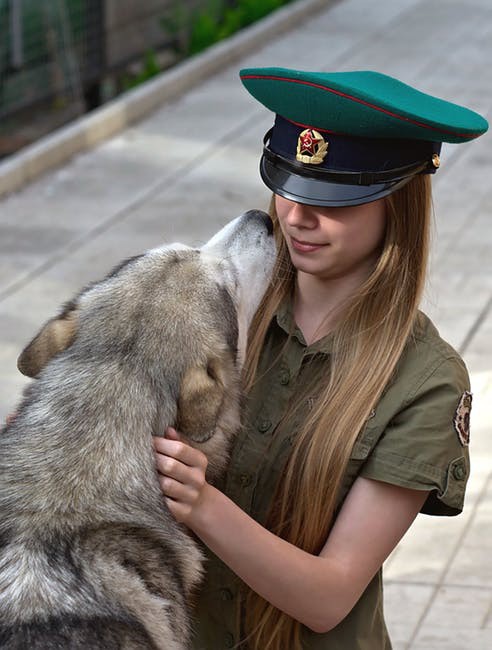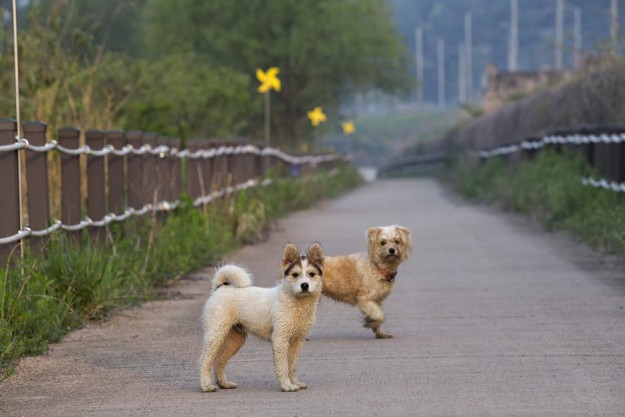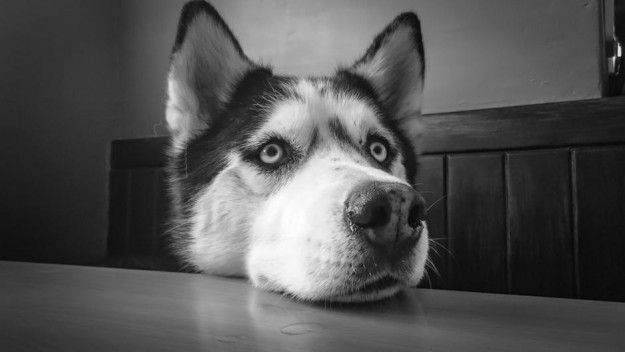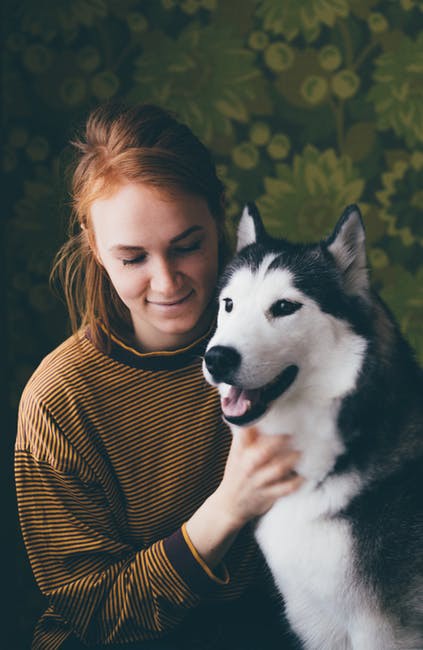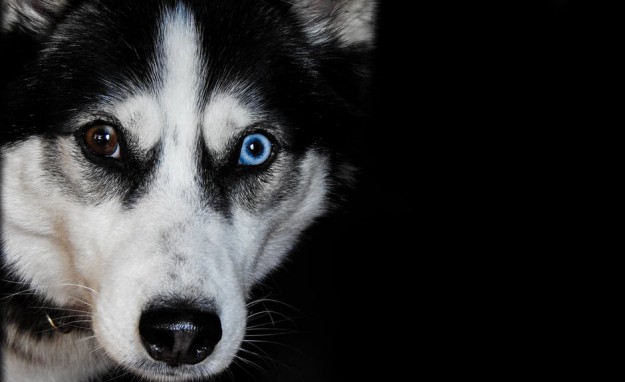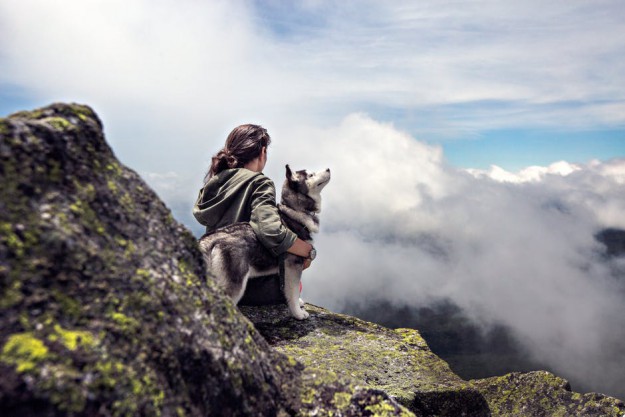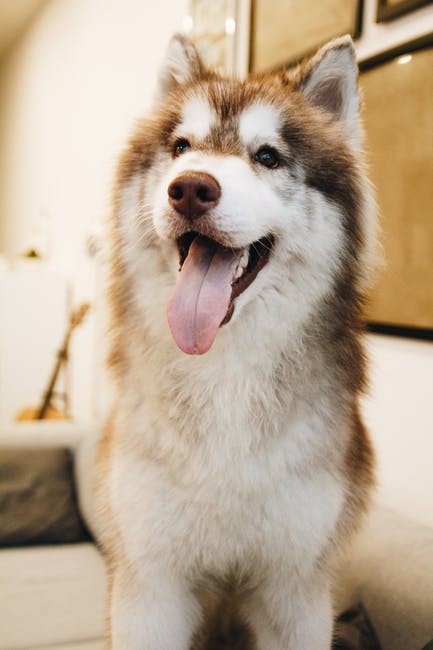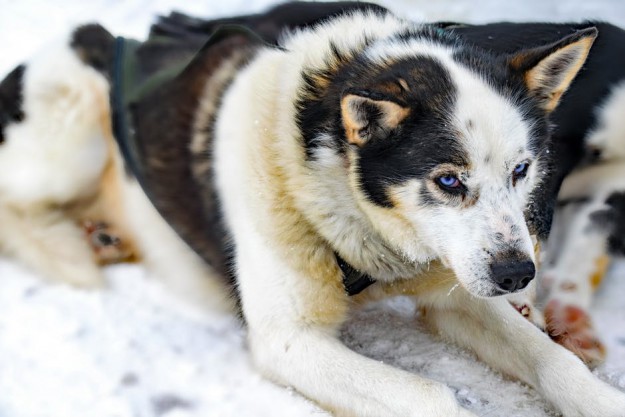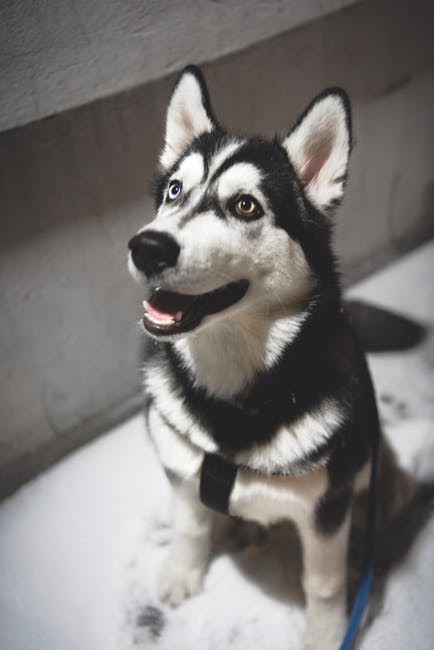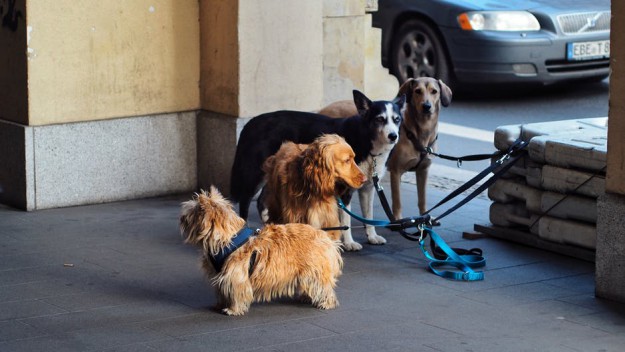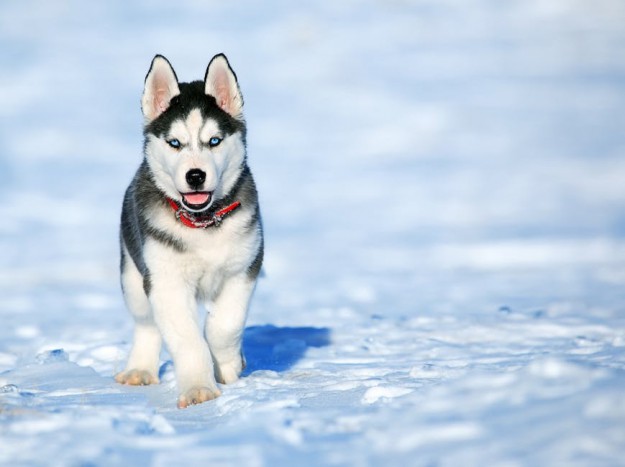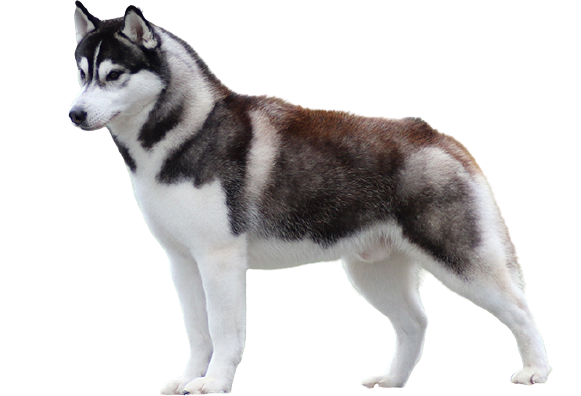
Siberian Husky
USD $700-$1200 Price Avg.
Sled Dogs
Group
Purebred
Breed Type
Medium
Size
12-14 years
Lifespan
Breed Information
| Group | Sled Dogs |
|---|---|
| Popularity/Rank | 12 |
| Origin | Russia |
| Other Names | Chukcha, Chuksha, Husky, Icee, Sibe |
| Breed Type | Purebred |
| Price (Avg.) |
USD $700-$1200
How much does it cost to buy a Siberian Husky? Siberian Husky are usually priced differently from breeder to breeder and from place to place. As a rough guide, you can expect to pay between $700 to $1200 if you purchase your dog from a reputable breeder. The price will increase if the dog has a fantastic pedigree. Dogs that already have basic training maybe even more expensive. But, most Siberian Huskies can be adopted through a shelter for a lower fee. |
| Size | Medium |
| Weight |
Male: 45–60 pounds (20–27 kg),
Female: 35–50 pounds (16–23 kg) |
| Height |
Male: 21–24 inches (53–61 cm),
Female: 20–22 inches (51–56 cm) |
| Lifespan | 12-14 years |
| Recognized by |
AKC, FCI
The American Kennel Club in 1930 as a Working breed. And FCI in the Spitz and primitive types group, in the Nordic Sledge Dogs section. |
| Purpose | Sled Pulling |
| Date of Origin | Ancient Times |
| Ancestry | Spitz-type Dogs |
Appearance & Maintenance
| Coat | Fluffy |
|---|---|
| Coat Colors | Agouti, Black, Gray, Red, Sable, White |
| Grooming Level | |
| Shedding Level | |
| Eye Color Possibilities | Blue, Brown, Hazel |
| Nose Color Possibilities | Black, Brown |
| Coat Color Possibilities | Black, Brown, Gray, Pied, Red, Sable, Silver, White |
| Coat Length | Medium |
| Coat Density | Dense |
| Coat Texture | Straight |
| Recommended Brushes | Comb, Deshedder, Nail Clipper, Slicker Brush |
| Brushing Frequency | Weekly |
Breed Characteristics
| Temperament | Alert, Delicate, Friendly, Gentle, Intelligent, Outgoing, Vigilant |
|---|---|
| Intelligent | |
| Trainability | |
| Playfulness | |
| Sensitivity Level | |
| Affection Level | |
| Social Interaction Required | |
| Barking | |
| Watchdog Ability | |
| Territorial | |
| Biting Force | Low |
| Mouthiness | |
| Impulse to Wander or Roam | |
| Prey Drive | |
| Adaptability | |
| Tolerates Being Left Alone | |
| Fighting Dog | Yes |
Good & Friendly with
| Apartment Life Friendly | |
|---|---|
| Stranger Friendly | |
| Kid-Friendly | |
| Cat Friendly | |
| Dog Friendly | |
| Office Friendly | No |
| Senior Citizens Friendly | |
| Pet Friendly | |
| Friendly with First Time Owners | No |
| Service Dog | Not really |
| Therapy Dog | Not really |
| Detection, Sniffer or Security Dog | Not really |
| Search and Rescue Dog (SAR) | Not really |
| Boat Dog | Not really |
| Cart Pulling or Drafting Dog | Not really |
Health Elements
| Health Issues | |
|---|---|
| Health Problems | Cataracts, Corneal Dystrophy, Progressive retinal atrophy (PRA) |
| Hypoallergenic | No |
| Energy Level | |
| Exercise Required | |
| Sleeping Required | |
| Weight Gain Potential | |
| Weather & Climate | Prefers cold weather |
| Stinkiness | Low |
| Drooling tendency | |
| Activity Level | High |
| Rec. Walk Mileage Per Week | 14 miles |
| Minutes of Activity Per Day | 90 minutes |
Food & Costing
| Avg. Daily Food | Recommended daily amount: 2.5 to 3 cups of high-quality dry food a day, divided into two meals. |
|---|---|
| Cups Per Day | 3 cups |
| Daily Cost | $1.20 - $1.40 |
| Monthly Cost | $34.00 - $45.00 |
Reproducibility
| Gestation Duration | 60-64 days |
|---|---|
| How often can the Siberian Husky have a litter? | Once a year. |
| Litter Size | 4-8 puppies (Once a year.) |
Description
The Siberian Husky is a medium-sized dog breed that originated in Siberia, Russia. They are known for their thick double coat, which can come in a variety of colors and patterns. They have a wolf-like appearance with pointed ears and almond-shaped eyes that can be blue, brown, or one of each color. The Siberian Husky is an active and energetic breed that loves to run and play.
The lifespan of the Siberian Husky is typically between 12 to 15 years. They usually weigh between 35 to 60 pounds and stand at 20 to 24 inches tall at the shoulder. Common coat colors include black & white, gray & white, red & white, sable & white, agouti & white, and solid white.
The personality of the Siberian Husky is friendly but independent. They are intelligent dogs who love to explore their surroundings and learn new things. They are also very loyal to their owners but can be stubborn at times if not properly trained or socialized from an early age.
Siberian Huskies are generally friendly with other dogs as well as children and other animals if they have been properly socialized from an early age. However, they may become aggressive towards unfamiliar animals if not properly trained or socialized from an early age so it’s important for owners to monitor interactions between their pet and other animals closely when introducing them for the first time.
The temperament of the Siberian Husky is active yet gentle; they love being around people but also enjoy spending time alone exploring their environment or playing with toys on their own terms. This breed does require plenty of exercise so it’s important for owners to provide them with plenty of opportunities for physical activity such as long walks or runs every day in order to keep them healthy both physically and mentally.
The health of the Siberian Husky is generally good; however there are some health issues that this breed may be prone too such as hip dysplasia, eye problems (cataracts), skin allergies (atopy), thyroid problems (hypothyroidism), epilepsy (seizures) ,and heart disease (cardiomyopathy). It’s important for owners to take preventative measures such as regular vet checkups in order to catch any potential health issues before they become serious problems down the line .
The adaptability level of the Siberian Husky is high; they do well in both cold climates due to their thick double coat as well as warm climates due its ability shed its undercoat during warmer months . This makes them ideal pets for those who live in areas where temperatures fluctuate throughout different seasons . The benefits of owning a Siberian husky include having a loyal companion who loves being around people , enjoys exploring its environment , requires plenty exercise ,and has a high adaptability level making it suitable for many different types living environments .
History
The Siberian Husky is a dog breed that originated in Siberia. They were originally bred by the Chukchi people, a nomadic tribe who lived in the Arctic region. The Chukchi used them as working dogs, pulling sleds and hunting for food. The Siberian Husky was nearly extinct by the early 1900s due to a number of factors, including the Russian Revolution, World War I, and the Great Depression. However, a few dedicated breeders kept the breed alive and eventually they became popular in North America as working dogs and family pets. The Siberian Husky is recognized as a breed by the American Kennel Club and the United Kennel Club.
The Siberian Husky is thought to be descended from the Spitz family of dogs, which includes breeds such as the Samoyed and the Alaskan Malamute. They are medium-sized dogs with thick fur coats that protect them from cold weather. They have pointy ears and blue or brown eyes. Siberian Huskies are known for being friendly and good with children. They are also very active and need plenty of exercise.
Siberian Husky Posts
Explore Siberian Husky's photos, videos, activities, stories, and facts.




